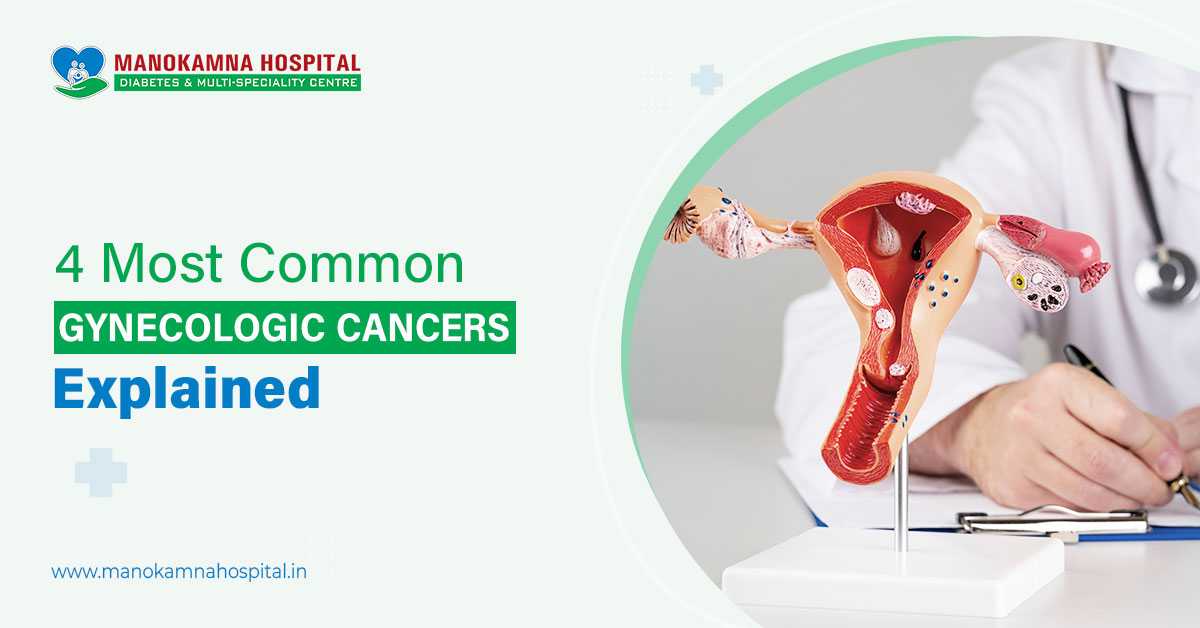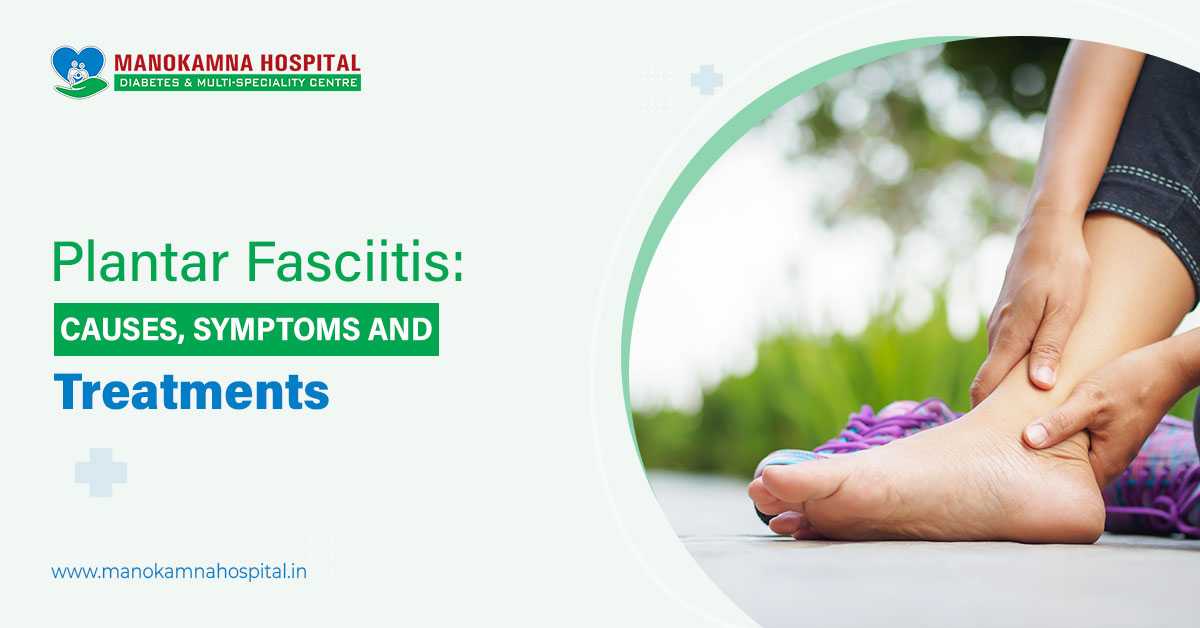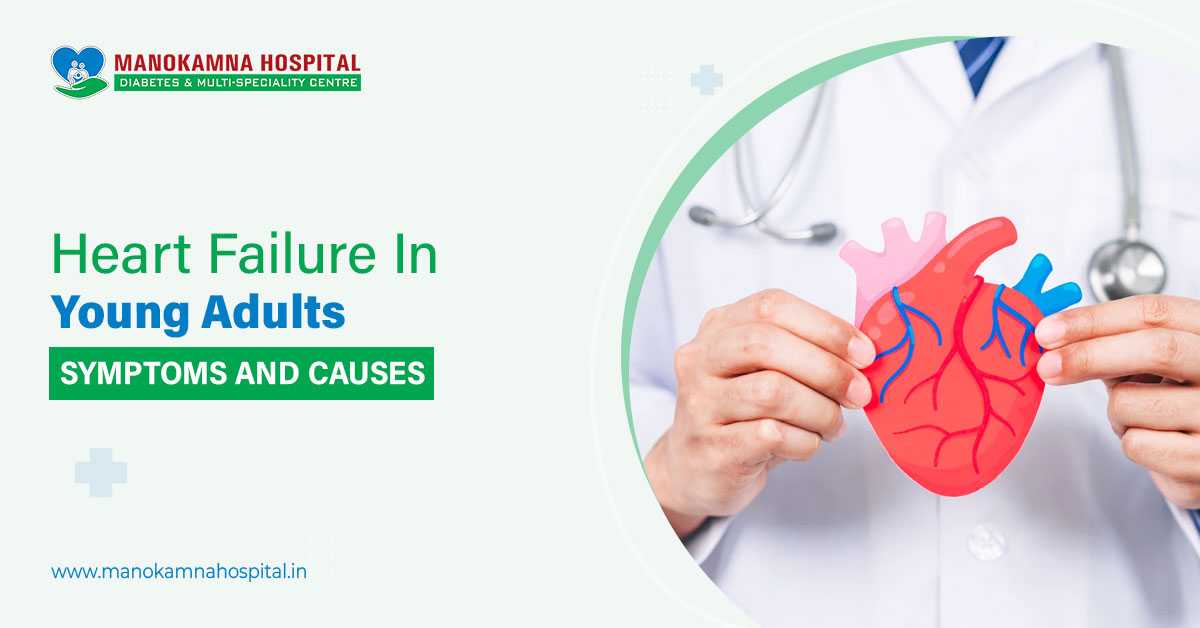Almost every woman faces gynecological problems, such as period cramps, delayed menstrual cycles, light periods, and heavy periods. Though gynaecological problems are common, these need medical attention. Your gynaecologist will check if any of these problems have an underlying condition. You can talk to the best gynaecologist in Siliguri for comprehensive female reproductive healthcare.
Let’s talk about the five most common gynaecological health concerns.
Menstrual Disorders
Menstrual disorders are one of the most frequent gynaecological problems. These include irregular periods, no periods, pelvic pain during periods, heavy bleeding, too light vaginal bleeding during periods, spotting between periods, etc. See your gyne doctor for health evaluation and
Lifestyle changes, such as diet, exercise, and stress management can correct your menstrual cycles. Doctors may prescribe hormone medicines, and supplements or recommend surgery.
.jpg)
Endometriosis
Endometriosis affects around 5-10% of women and causes infertility. It occurs when the tissue that normally lines the inside of the womb is present outside it. Generally, endometriosis is a painful gynaecological condition.
This chronic disease causes pelvic pain, especially during menstruation, pain during intercourse, trouble conceiving, painful bowel movements or urination, heavy menstrual bleeding, etc.
Medical experts may prescribe NSAIDs and other pain relievers, birth control pills, GnRH agonists, and progestin therapy. Laparoscopy and hysterectomy are two common surgical options to treat endometriosis.
Polycystic Ovary Syndrome (PCOS)
PCOS as a hormonal disorder that causes irregular periods, excess androgen levels, infertility, and polycystic ovaries if it remains untreated.
With PCOS, irregular menstrual cycles, excessive unwanted hair growth (hirsutism), acne-prone skin, weight gain, and hair thinning are common.
To manage PCOS, make lifestyle modifications, such as healthy eating, exercise, quality sleep, stress management, and weight management. Your gynaecologist may prescribe different types of medicines to treat symptoms and manage PCOS.
Uterine Fibroids
Fibroids are generally non-cancerous (malignant) growths in or on the uterus, which might interfere with reproductive health. Consult the best gynecologist in Siliguri, North Bengal to treat uterine fibroids.

You might/might not notice symptoms of fibroids, such as heavy menstrual bleeding, pelvic pain, pressure in your pelvic area, constipation, frequent urination, leg pains
Gynaecologists may prescribe medications, such as hormonal treatments. Medications help shrink fibroids' size, treat heavy bleeding, reduce pelvic pain, etc. Laparoscopy, myomectomy, and hysterectomy are surgical options to treat uterine fibroids.
Vaginal Infections
Vaginal infections can cause excessive itching, burning sensation, unusual white discharge, soreness, vaginal spotting, swollen skin around the vulva and vagina, painful sex, etc.
Over-the-counter medications can help. See your gynecologists if you notice such symptoms. Infections result from bacteria, viruses, parasites, or fungi.
Routine health checkups under medical supervision keep complications at bay. If you undergo the symptoms mentioned in the reading, visit your doctor. Look after your lifestyle as this can boost your reproductive wellness to a good extent. Talk to one of the top gynecologist doctors in Siliguri.




